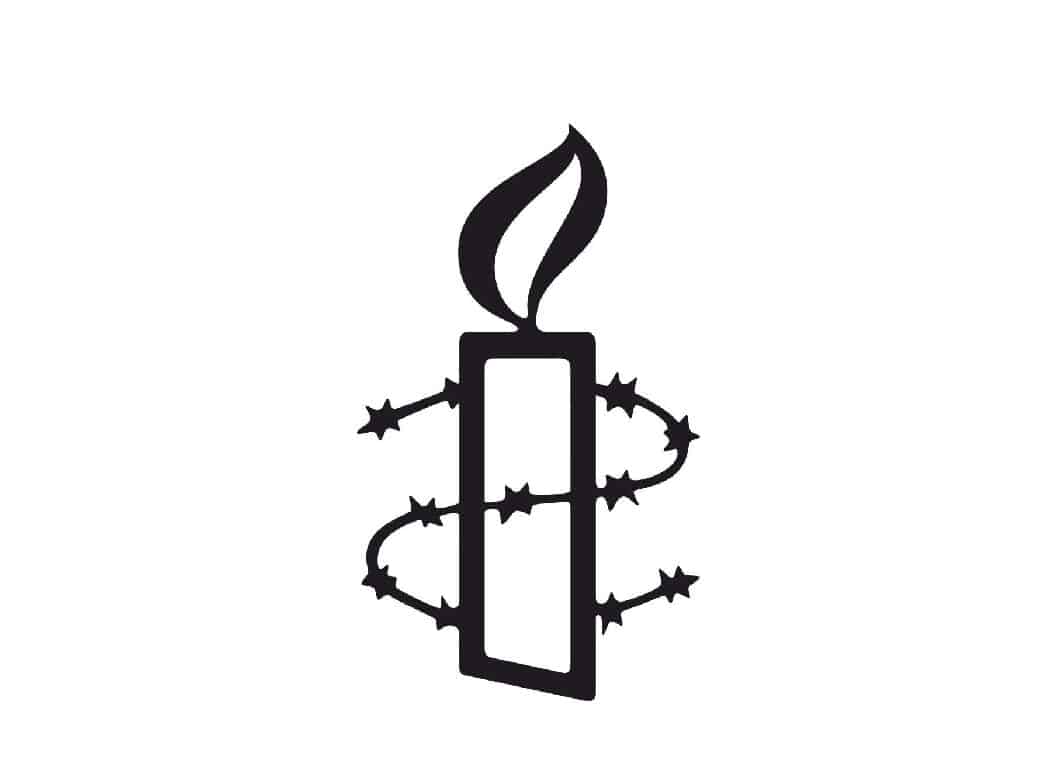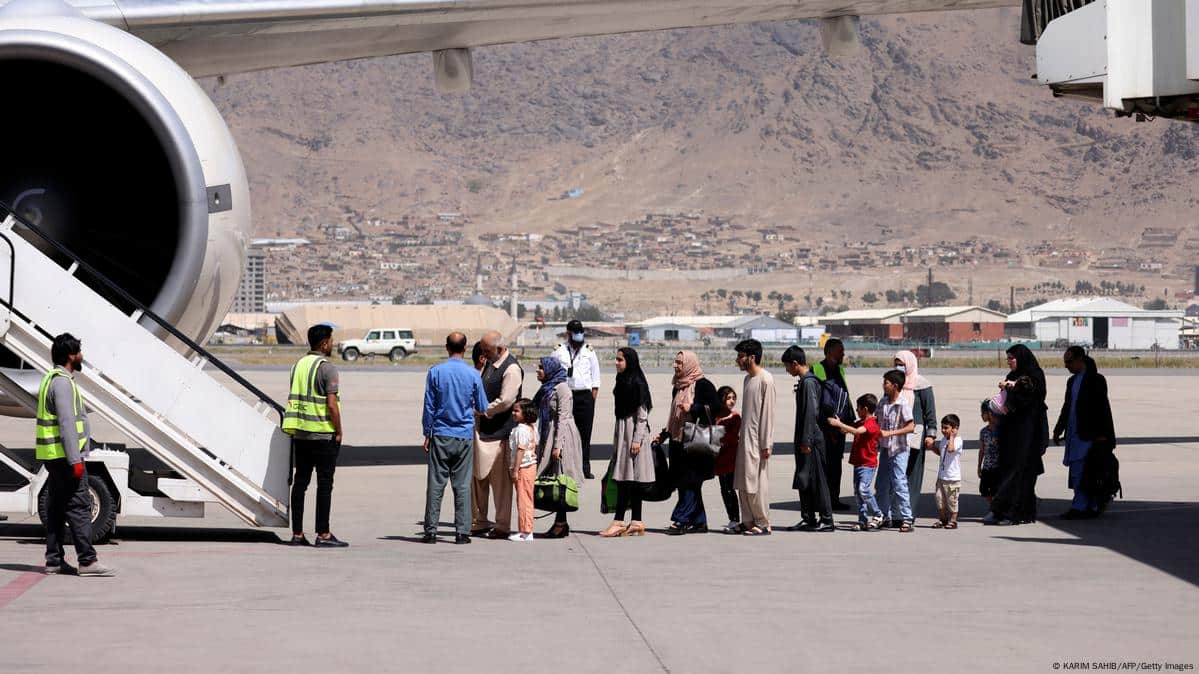
EU plans coming two years of resettlement agenda
اتحادیه اروپا برنامه دو ساله اسکان مجدد را در دستور کار دارد
در تاریخ ۷ نوامبر، کمیسیون اروپا کمیته عالی جدیدی را برای رسیدگی به اسکان مجدد و پذیرش بشردوستانه راهاندازی کرد. هدف این کمیته برنامهریزی برای اسکان مجدد در سالهای ۲۰۲۶ و ۲۰۲۷ است.
کمیسیون اروپا اعلام کرد که این کمیته سطح بالا به اجرای “مقررات چارچوب اتحادیه اروپا” کمک خواهد کرد. این مقررات چارچوبی دائمی و هماهنگ برای اسکان مجدد و پذیرش بشردوستانه در اتحادیه اروپا ارائه میدهد و مسیرهای ایمن و قانونی را برای ورود افراد نیازمند حمایت از کشورهای غیرعضو اتحادیه اروپا افزایش میدهد.
نخستین جلسه کمیته
این کمیته اولین جلسه خود را در تاریخ ۷ نوامبر در ساختمان برلایمونت در بروکسل برگزار کرد. این کمیته یکی از نتایج پیمان جدید مهاجرت و پناهندگی است که بهار گذشته توسط پارلمان و کمیسیون اروپا معرفی شد. هدف اصلی آن کمک به کشورهای عضو برای ایجاد کریدورهای بشردوستانه و حمایت از افراد آسیبپذیر است.
ترکیب کمیته جدید
کمیته جدید شامل نمایندگانی از وزارتخانههای کشور اعضای اتحادیه اروپا، کمیساریای عالی پناهندگان سازمان ملل متحد (UNHCR)، سازمان بینالمللی مهاجرت (IOM) و آژانس پناهندگی اتحادیه اروپا (EUAA) است.
هدف و سابقه فعالیت
کمیسیون اروپا اعلام کرده است که ایده تشکیل این کمیته بر اساس تجربه حاصل از برنامههای اسکان مجدد پیشین است. این برنامهها که از سال ۲۰۱۵ آغاز شدهاند، به بیش از ۱۱۹,۰۰۰ نفر که به حمایت بینالمللی نیاز داشتند کمک کردهاند تا در اتحادیه اروپا پناه بگیرند.
این کمیته قصد دارد برای برنامه دو سال آینده کمیسیون برنامهریزی کند. این برنامه شامل تعیین تعداد پناهندگانی خواهد بود که قرار است در اتحادیه اروپا پذیرش شوند و همچنین مشخص کردن کشورها و مناطقی که اسکان مجدد و پذیرش بشردوستانه از آنها صورت میگیرد. این برنامه شامل سالهای ۲۰۲۶ و ۲۰۲۷ خواهد بود.
درخواست نماینده سبزها برای اقدام در کمک به پناهندگان
لئولوکا اورلاندو، نماینده ایتالیایی پارلمان اروپا و عضو کمیته آزادیهای مدنی، عدالت و امور داخلی از گروه سبزها، در سخنرانی خود اشاره کرد که طبق پیشبینیهای کمیساریای عالی پناهندگان سازمان ملل متحد (UNHCR)، تا سال ۲۰۲۵ حدود سه میلیون پناهنده نیاز به اسکان مجدد خواهند داشت.
او تأکید کرد که این آمار بهتنهایی نشاندهنده ضرورت رسیدگی به کیفیت اسکان مجدد و تسریع در روند آن است. او همچنین افزود که سهمیه شناسایی و حمایت از پناهندگان در کشورهای ثالث که تعداد زیادی از آنها را میزبانی میکنند باید افزایش یابد. علاوه بر این، اتحادیه اروپا باید با ارائه کمکها و حمایتهای بشردوستانه بار این کشورها را کاهش دهد و همبستگی خود را با آنها نشان دهد.
اهمیت ادغام و پذیرش
اورلاندو همچنین بیان کرد که یکی دیگر از جنبههای حیاتی، همراهی تلاشهای اسکان مجدد با سرمایهگذاری در فعالیتهای پذیرش و ادغام است. او تأکید کرد که این اقدامات باید به گونهای صورت گیرند که بهترین شرایط ممکن برای پناهندگان فراهم شود تا آنها بتوانند هرچه سریعتر بخشی جداییناپذیر از جامعه شوند.
EU Plans for the Coming Two Years of Resettlement Agenda
On November 7, the European Commission launched a new High-Level Committee to address resettlement and humanitarian admissions. The committee is tasked with planning resettlement initiatives for the years 2026 and 2027.
The European Commission announced that this High-Level Committee on Resettlement and Humanitarian Admission will play a critical role in shaping EU resettlement policies.
According to a press statement:
“The High-Level Committee will support the Commission in implementing the Union Framework Regulation, which provides a permanent and harmonized framework for resettlement and humanitarian admission to the EU. This regulation enhances safe and legal pathways to the EU for people from non-EU countries seeking protection.”
First Meeting of the Committee
The committee held its inaugural meeting on November 7 in the Berlaymont building in Brussels. This initiative is part of the broader Migration and Asylum Pact, introduced by the European Parliament and Commission last spring. Its primary aim is to assist member states in establishing humanitarian corridors to support vulnerable individuals.
Composition of the New Committee
The committee comprises representatives from the interior ministries of EU member states, alongside delegates from the United Nations High Commissioner for Refugees (UNHCR), the International Organisation for Migration (IOM), and the European Union Agency for Asylum (EUAA).
The European Commission highlighted that the concept behind this committee builds on lessons learned from previous resettlement programs. These programs, initiated in 2015, have provided refuge in the EU to over 119,000 individuals in need of international protection.
Future Objectives
The committee will focus on the EU’s next two-year resettlement plan, determining the number of refugees to be admitted and identifying the countries and regions from which resettlement and humanitarian admissions will take place. This plan will cover the years 2026 and 2027.
Call for Action from the Greens Representative
Italian Member of the European Parliament (MEP) Leoluca Orlando, a member of the Committee on Civil Liberties, Justice, and Home Affairs for the Greens group, and the sole official representative for the European Parliament, emphasized the urgent need for action during his speech. Citing UNHCR projections, he stated that by 2025, three million refugees will require resettlement.
“This figure alone underscores the need to improve the quality of resettlement efforts and accelerate the process,” Orlando said. He further stressed the importance of increasing refugee quotas in third countries hosting large populations of displaced individuals. Providing aid and support to these countries, he noted, is essential to alleviate their burden and demonstrate “solidarity” with their humanitarian efforts.
Integration as a Key Component
Orlando also pointed out the necessity of complementing resettlement initiatives with investments in reception and integration programs. These efforts, he explained, are critical to creating the best possible conditions for refugees to swiftly become integral members of their host communities.
Source
- Tags
- Europe



